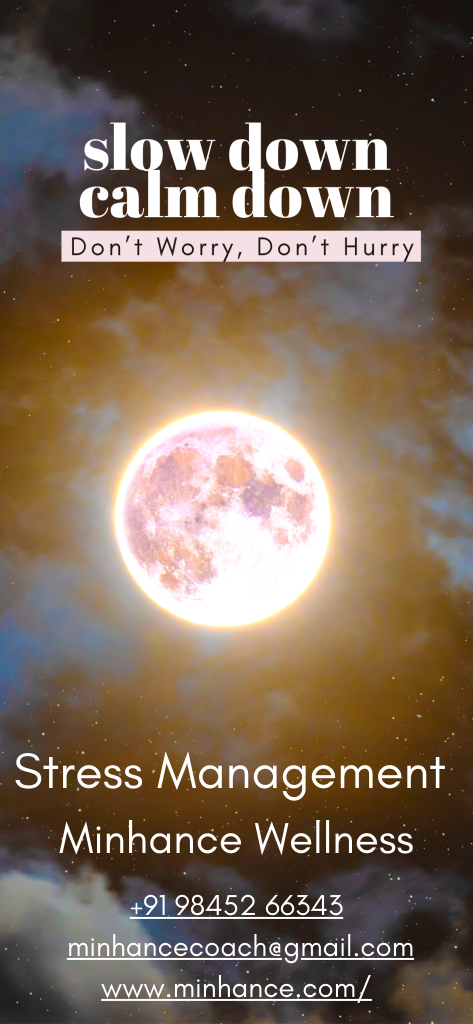Stress is a natural reaction to not being able to cope with specific demands and events.
Stress can be a motivator, and it can even be essential to survival. The body’s fight-or-flight mechanism tells a person when and how to respond to danger. However, when the body becomes triggered too easily, or there are too many stressors at one time, it can undermine a person’s mental and physical health and become harmful. Stress can come from work, relationships, financial pressures, and other situations.
What is Stress?
Stress is the body’s natural defence against predators and danger. It causes the body to flood with hormones that prepare its systems to evade or confront danger. People commonly refer to this as the fight-or-flight mechanism.
The body produces larger quantities of the chemicals cortisol, epinephrine, and norepinephrine. These trigger the following physical reactions:
- increased blood pressure
- heightened muscle preparedness
- sweating
- alertness
These factors all improve a person’s ability to respond to a potentially hazardous or challenging situation.
Environmental factors that trigger this reaction are called stressors. Examples include noises, aggressive behavior, a speeding car, scary moments in movies, or even going out on a first date. Feelings of stress tend to increase in tandem with the number of stressors..
Physical effects of Stress.
Stress slows down some normal bodily functions, such as those that the digestive and immune systems perform. The body can then concentrate its resources on breathing, blood flow, alertness, and the preparation of the muscles for sudden use.
The body changes in the following ways during a stress reaction:
The physical effects of stress can include:
- breathing speeds up
- Breathlessness
- sweating
- pain in the back or chest
- cramps or muscle spasms
- fainting
- headaches
- nervous twitches
- pins and needles sensations
- digestive system slows down
- immune activity decreases
- sleeplessness due to a heightened state of alertness
How a person reacts to a difficult situation will determine the effects of stress on overall health. Some people can experience several stressors in a row or at once without this leading a severe stress reaction. Others may have a stronger response to a single stressor.
An individual who feels as though they do not have enough resources to cope will probably have a stronger reaction that could trigger health problems. Stressors affect individuals in different ways.
The reason for this is that they typically involve a significant change, extra effort, new responsibilities, and a need for adaptation. They also often require a person to take steps into the unknown
However, being more alert to the effects of stress may help a person manage it more effectively and cope better.
Types of Stress
► Acute stress
This short-term and a more common form of stress. Acute stress often develops when people consider the pressures of events that have recently occurred or face upcoming challenges in the near future.
Acute stress does not result in long-term damage that is seen in chronic stress.
Short-term effects include tension headaches and an upset stomach, as well as a moderate amount of distress.
However, repeated instances of acute stress over an extended period can become chronic and harmful.
► Chronic stress
Chronic stress develops over a long period and is more harmful.
Chronic stress makes it difficult for the body to return to a normal level of stress hormone activity, which can contribute to problems in the following systems :
- cardiovascular
- respiratory
- sleep
- immune
- reproductive
A constant state of stress can also increase a person’s risk of type 2 diabetes, high blood pressure, and heart disease. Depression, anxiety, and other mental health disorders, such as post-traumatic stress disorder (PTSD), can develop when stress becomes chronic.
Chronic stress can continue unnoticed, as people can become used to feeling agitated and hopeless. It can become part of an individual’s personality, making them constantly prone to the effects of stress regardless of the scenarios that they encounter.
People with chronic stress are at risk of having a final breakdown that can lead to suicide, violent actions, a heart attack, or stroke.

